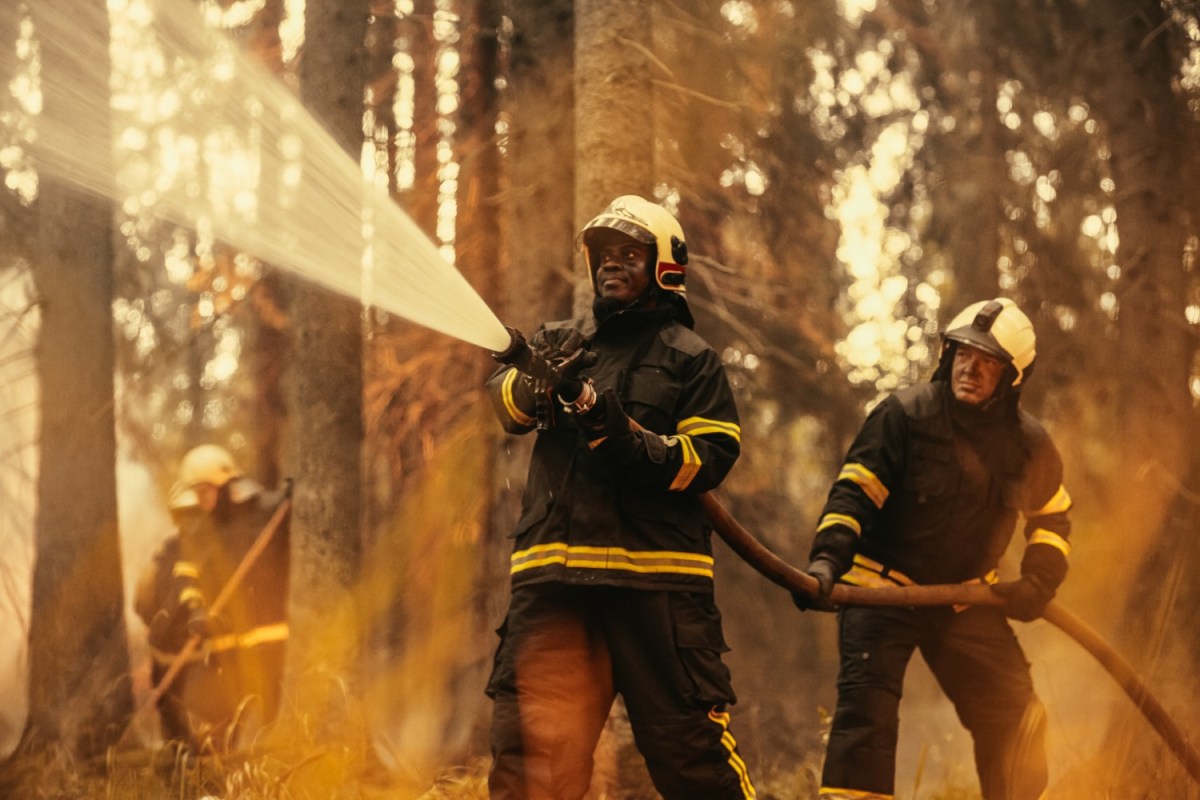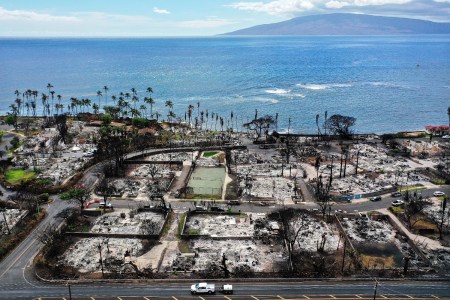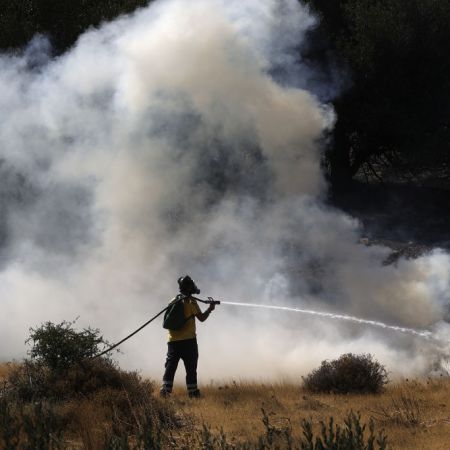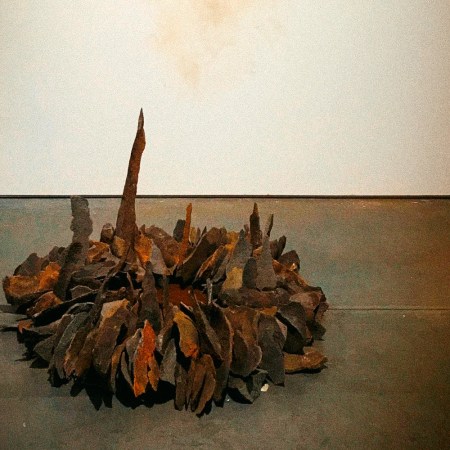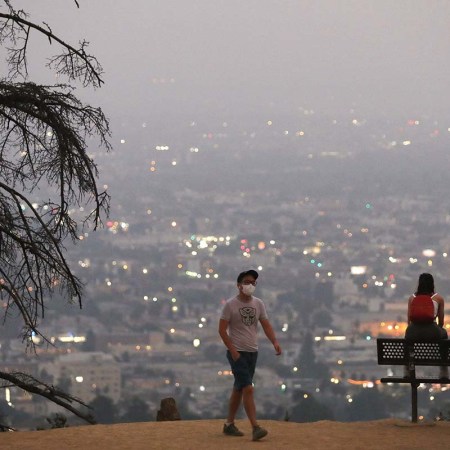Late last year brought reports of a bizarre phenomenon related to climate change known as zombie forests. The gist of the term related to trees that had sprung up under earlier climate conditions which were no longer applicable to the current environment. As it turns out, that’s not the only kind of zombielike behavior found when it comes to trees and forests — and a recent NPR report reveals plenty about the ominous-sounding world of zombie fires.
First things first: zombie fires are not undead campfires that crave your brain. That would certainly make for a compelling horror movie, but reality has something else in mind. In an interview with NPR, Lori Daniels of the University of British Columbia explained that the term refers to “a fire that we thought maybe was out at the end of the summer but has actually gone underground and is persisting through the winter beneath the snowpack, smoldering away underground.”
When drier spring weather comes around, the zombie fire rises from the (metaphorical) grave, creating challenges for public agencies and firefighters alike.
As Daniels told NPR’s Ayesha Rascoe, climate change is one of several factors at play here. This isn’t a new phenomenon, Daniels said — but given the drought conditions that British Columbia has faced in recent months, that’s paved the way for more zombie fires.
Will the Aftermath of the Maui Wildfires Change Anything About Fire Prevention?
A report from the scene of the disaster offers a lot to ponderBritish Columbia isn’t the only region to experience this unsettling condition. Last year, The Washington Post chronicled the effects of zombie fires in France. As the New York Times reported in 2021, a study suggests that we’re likely to see more of these kinds of fires in the future — creating further challenges for people living and managing the affected areas.
This article was featured in the InsideHook newsletter. Sign up now.
